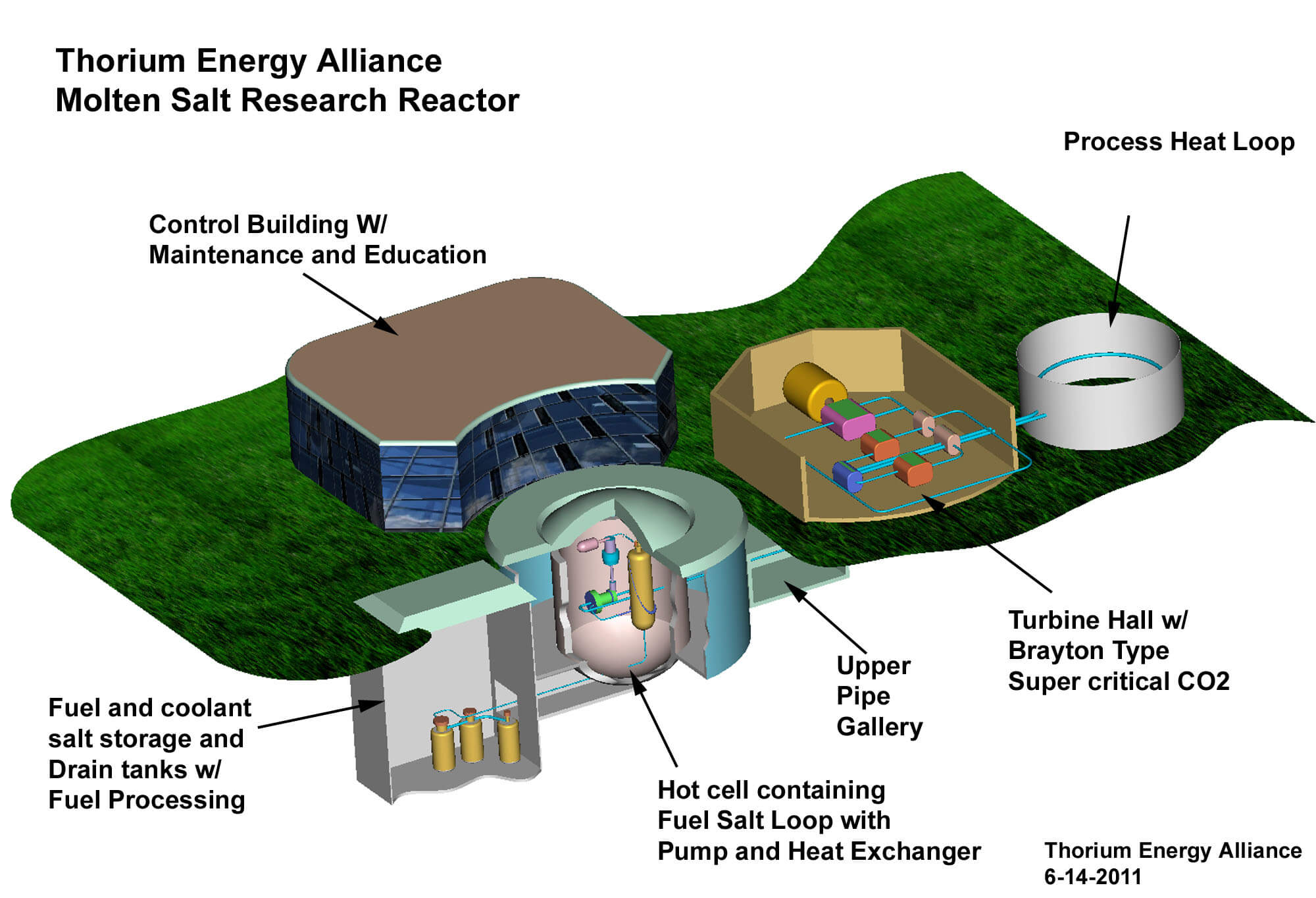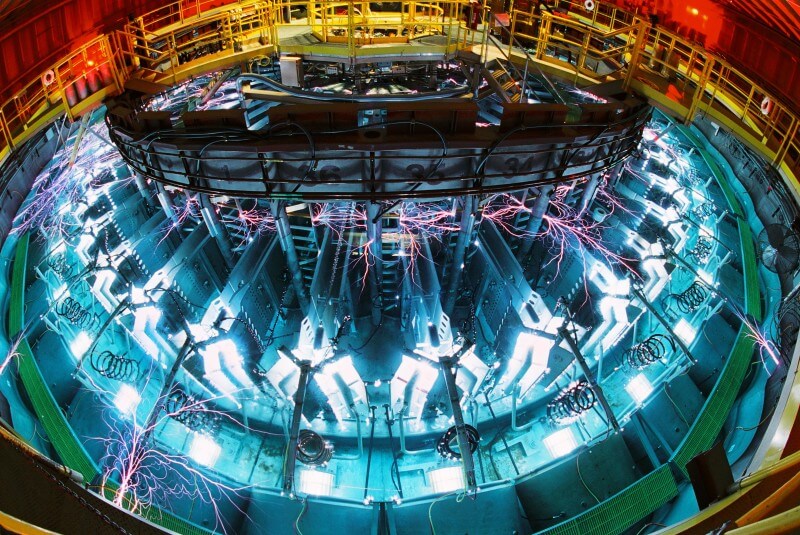By Llewellyn King
The market is a wondrous place. It ensures you can drink Scotch whisky in Cape Town and Moscow, or Washington and Tokyo, if you prefer. It distributes goods and services superbly, and it cannot be improved upon in seeking efficiency.
But it can’t think and it can’t plan; and it’s a cruel exterminator of the weak, the unready or, for that matter, the future.
Yet there are those who believe that the market has wisdom as well as efficiency. Not so.
If it were wise, or forward-looking, or sensitive, Mozart wouldn’t have died a pauper, and one of the greatest — if not the greatest architecturally — railway station ever built, Penn Station, wouldn’t have been demolished in 1963 to make way for the profit that could be squeezed out of the architectural deformity that replaced it: the Madison Square Garden/Penn Station horror in New York City.
Around Washington, Los Angeles and other cities are the traces of the tracks of the railroads and streetcar lines of yore. These were torn up when the market anointed the automobile as the uber-urban transport of the future. As Washington and Los Angeles drown in traffic, many wish the tracks — now mostly bike paths — were still there to carry the commuter trains and streetcars that are so badly needed in the most traffic-clogged cities.
Now the market, with its concentration on the present tense, is about to do another great mischief to the future. An abundance of natural gas is sending the market signals which threaten carbon-free nuclear plants before their life is run out, and before a time when nuclear electricity will again be cheaper than gas-generated electricity. World commodity prices are depressed at present, and no one believes that gas will always be the bargain it is today.
Two nuclear plants, Vermont Yankee in Vernon, Vt. and Kewaunee in Carlton, Wisc., have already been shuttered, and three plants on the Exelon Corp. system in the Midwest are in jeopardy. They’ve won a temporary reprieve because the Federal Energy Regulatory Commission (FERC) says the fact that they have round-the-clock reliability has to be taken into account against wind and solar, which don’t. In a twist, solar and wind have saved some nuclear for the while.
Natural gas, the market distorting fuel of the moment, is a greenhouse gas producer, although less so than coal. However gas, in the final analysis, could be as bad, or worse, than coal when you take into account the habitual losses of the stuff during extraction. Natural gas is almost pure methane. When this gets into the atmosphere, it’s a serious climate pollutant, maybe more so than carbon dioxide, which results when it is burned.
Taken together — methane leaks with the carbon dioxide emissions — and natural gas looks less and less friendly to the environment.
Whatever is said about nuclear, it’s the “Big Green” when it comes to the air. Unlike solar and wind, it’s available 24 hours a day, which is why three Midwest plants got their temporary reprieve by the FERC in August.
When President Obama goes to Paris to plead with the world for action on climate change in December, the market will be undercutting him at home, as more and more electricity is being generated by natural gas for no better reason than it’s cheap.
As with buying clothes or building with lumber, the cost of cheap is very high. The market says, “gas, gas, gas” because it’s cheap – now. The market isn’t responsible for the price tomorrow, or for the non-economic costs like climate change.
But if you want a lot of electricity that disturbs very little of the world’s surface, and doesn’t put any carbon or methane into the air, the answer is nuclear: big, green nuclear. — For InsideSources.com











